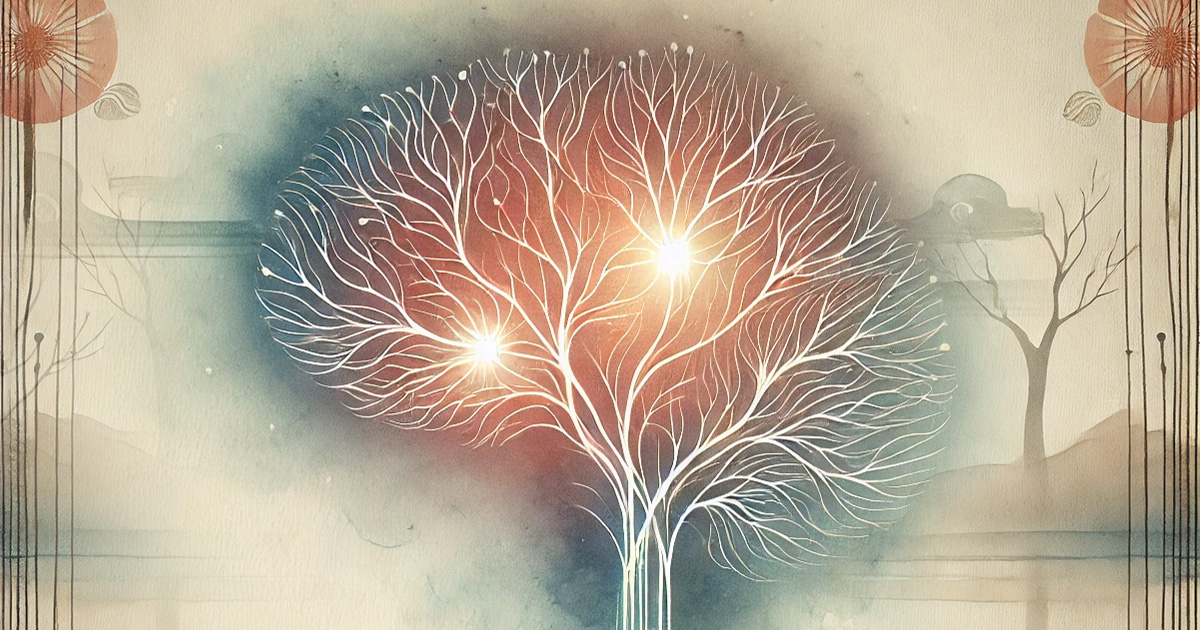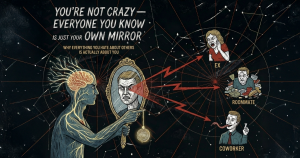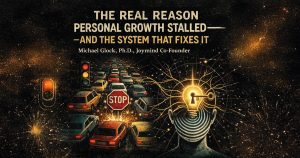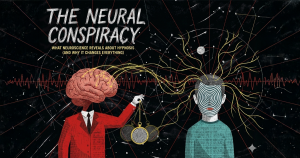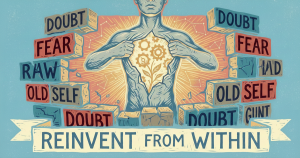The New Neuroscience of Self-Realization
Have you ever wondered what your dreams are trying to tell you? You’re not alone! Dreams have fascinated humans for centuries, and now, modern neuroscience is uncovering how they play a crucial role in our journey toward self-realization.
The Fascinating World of Dreams
Dreams are more than just random images; they’re a window into our subconscious mind. When we dream, our brains process emotions, memories, and experiences from our waking life. According to Stickgold and Walker (2013), dreaming helps us consolidate memories and learn from our daily experiences.
Neuroscience Meets Self-Realization
Recent studies suggest that dreams contribute to our personal growth and self-understanding. Cai et al. (2009) found that REM sleep, the stage where most dreaming occurs, enhances creativity and problem-solving abilities. This means that while we’re snoozing, our brains are busy finding solutions and generating new ideas!
Emotional Healing Through Dreams
Dreams also play a vital role in emotional regulation. Nielsen and Stenstrom (2005) discovered that dreaming allows us to process complex emotions in a safe environment. By re-experiencing emotions in our dreams, we can heal from past traumas and reduce anxiety.
Unlocking Personal Insights
Keeping a dream journal can be a powerful tool for self-discovery. By writing down and reflecting on your dreams, you can uncover patterns and gain insights into your subconscious thoughts (Schredl & Erlacher, 2007). It’s like having a personal roadmap to your inner world!
Embracing Hypnotherapy for Healing
If you’re interested in delving deeper into your subconscious, hypnotherapy might be the key. Hypnotherapy allows you to access deeper levels of your mind, facilitating healing and personal transformation (Barnett, 2012). It’s a guided journey that can help you overcome obstacles and realize your full potential.
Start Your Healing Journey Today
Ready to explore the depths of your mind and embark on a transformative journey? Joymind’s Hypnotherapy offers best-in-class services designed to help you unlock your inner potential. It’s an extraordinary opportunity to begin healing and achieve self-realization.
References
- Barnett, J. E., & Shale, A. J. (2012). The integration of Complementary and Alternative Medicine (CAM) into the practice of psychology: A vision for the future. Professional Psychology: Research and Practice, 43(6), 576–585. Link
- Cai, D. J., Mednick, S. A., Harrison, E. M., Kanady, J. C., & Mednick, S. C. (2009). REM, not incubation, improves creativity by priming associative networks. Proceedings of the National Academy of Sciences, 106(25), 10130-10134. Link
- Nielsen, T. A., & Stenstrom, P. (2005). What are the memory sources of dreaming? Nature, 437(7063), 1286-1289. Link
- Schredl, M., & Erlacher, D. (2007). Self-reported effects of dreams on waking-life creativity: An empirical study. Journal of Psychology, 141(1), 35-46. Link
- Stickgold, R., & Walker, M. P. (2013). Sleep-dependent memory triage: Evolving generalization through selective processing. Nature Neuroscience, 16(2), 139-145. Link

